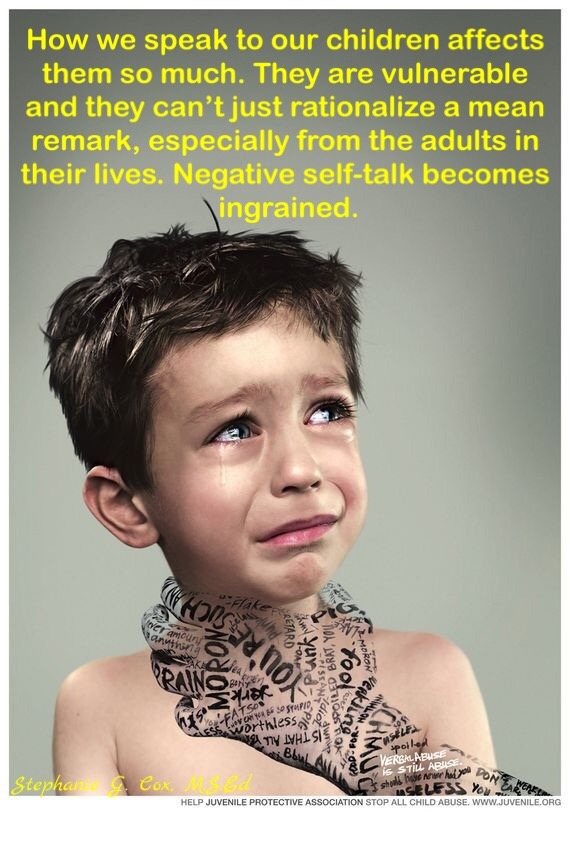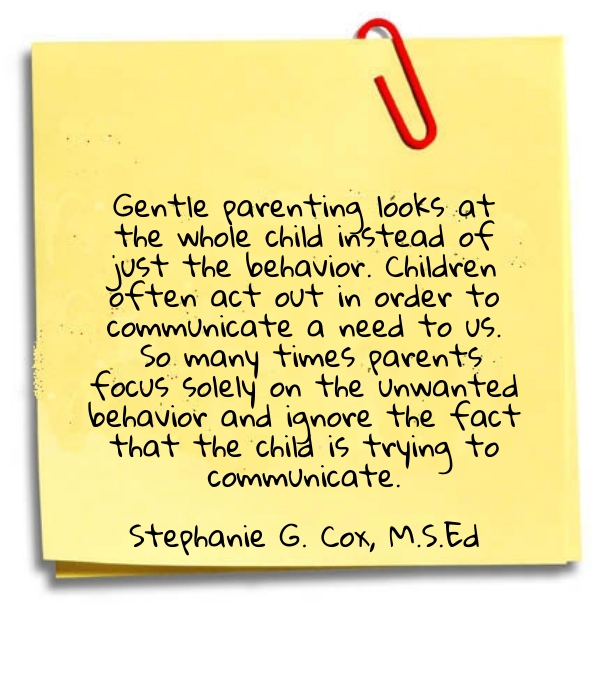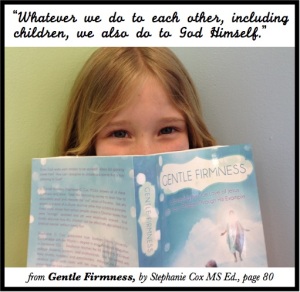As I continue on my journey towards physical and emotional health after my health scare over the fall and winter along with the three major deaths that occurred in a row, I have good and bad days. While the bad days are slowly getting less and less, they still really upset me. I had no idea how hard I am on myself until I started meditating.
It makes sense though due to experiencing so much verbal and emotional abuse throughout my childhood from various people. As I’ve written many times, how we speak to our children affects them so much. They are vulnerable and they can’t just rationalize a mean remark, especially from the adults in their lives. Negative self-talk becomes ingrained in us for life.

I’m working so hard on trying to retrain my brain that it doesn’t need to be in a heightened state of fight or fight. I will be honest with you and say that this is something I must deal with daily…The anxiety and PTSD can be very overwhelming.
I honestly don’t feel like anyone, except those that deal with emotional issues, truly understand that it’s a constant struggle to keep it under control. I’m getting better but I meditate and distract myself beyond the official meditation time I take just to keep myself under control as much as possible so I can enjoy life to the best of my ability. After all, Jesus died so I could have life. I’m beyond grateful that He understands everything I’m going through (Hebrews 4:15).
As I was doing my daily meditation the other morning with the Calm app, the daily calm was about how meditation can help people achieve major success in their health, but that should not be the goal of meditation. As with everything, there’s no quick fix. Meditation is a tool to help us build mindfulness and awareness of the present moment.
This got me to thinking about instant gratification. We all want it when we are suffering. We want that quick fix. That’s why parents spank/hit, yell, and shame their children. It’s much easier and faster to punish children than it is to actually work with them. Gentle parenting is a ton of work because it’s not aiming for short term goals but rather long term.
But instant gratification feels so good. We want everything now. This begins at an early age because infants do usually need things right away. They don’t mean to be this way. They just have to have a lot of attention. As they get older, we can let them wait a few minutes to get a need met, if appropriate.
As children continue growing up, we think it’s our job to teach them that instant gratification is a bad thing. Some parents are especially hard on their children starting in infancy to try to stop their children from being “demanding.” They ignore, isolate, spank/hit, arbitrarily take things away from them and/or arbitrarily say “no.” In other words, harsh and abusive techniques are used on these children.
The problem is that the parents are actually teaching their children instant gratification! If you want something then you use force to get it. This is the essence of instant gratification!
Gentle parenting is the exact opposite! By taking the time to meet children’s needs and really take the time to teach them, we are modeling selflessness. Taking the time to sit with your toddler for the umpteenth time today with a meltdown is teaching delayed gratification. It would be so much easier to just lock children in their rooms for a little while and not deal with them, but by not doing this, you’re teaching them that their needs are very important.
Please understand that I encourage parents to regularly take time for themselves and do self-care!
Another way we all teach children instant gratification is by cutting in front of people, getting really upset when things don’t go as planned, and running out to buy the newest and greatest technologies. Most of the time we don’t even know we’re doing it. It is so ingrained in us and our society. We want everything NOW!
As the late and great Tom Petty sang, “The waiting is the hardest part!” It really is. Waiting for results or anything else that we really want is very hard for all ages.
But by doing our best to remain in the present moment, trying to be patient, and learning to be grateful for what we do have, we practice delayed gratification and teach it to our children.
Taking turns, putting others first, helping people when we really don’t want to help at that moment, using limits and boundaries with children, being in the present moment, and enjoying the simple things are other ways to delay instant gratification.
Children can actually teach us about delayed gratification because they are usually in the present moment and enjoy the simple things. Therefore, the next time you’re tempted to hurry along your dawdling toddler, try stopping and enjoying the moment. This is how we practice and teach delayed gratification.











